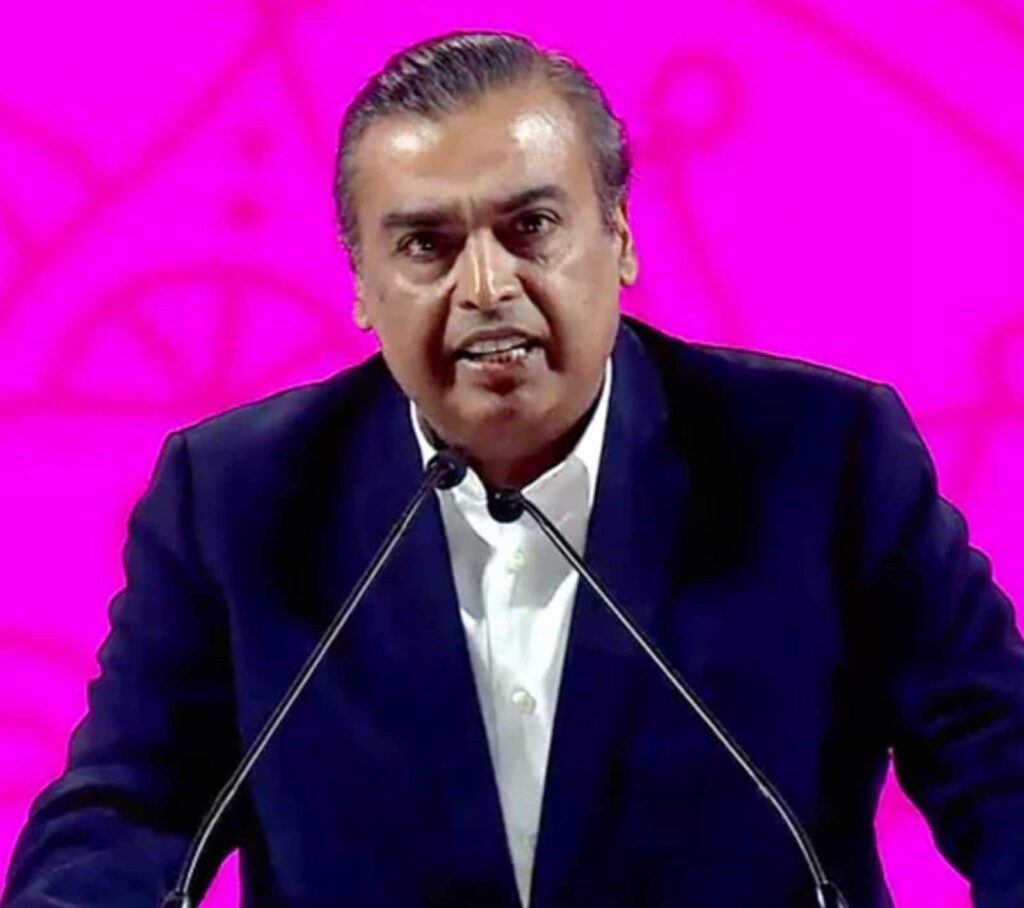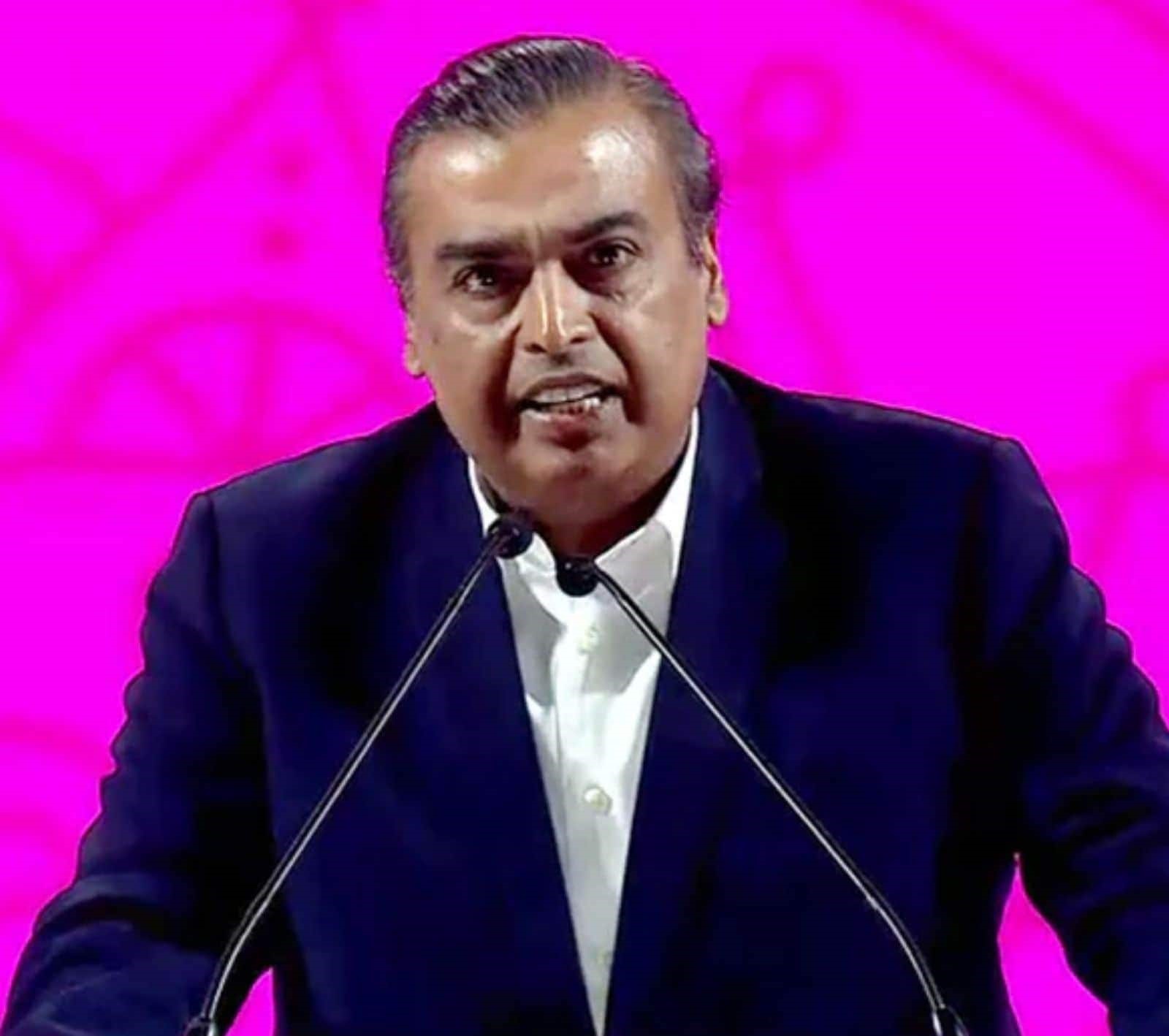NEW DELHI, May 8 (India) – On Wednesday, Indian Prime Minister Narendra Modi and Congress party leader Rahul Gandhi engaged in a savage exchange on campaign funding, with each accusing the other of embezzling funds from prominent industrialists Gautam Adani and Mukesh Ambani.
The business titans have not responded to calls for comment from their companies, and neither has publicly stated who, if anyone, they would support in the election. Neither candidate offered any proof to back up their statements.

Modi’s remarks aim to refute Gandhi’s persistent criticism on his allegations of Modi’s connections to the nation’s two wealthiest individuals, just weeks before an election in which disagreements over economic growth, poverty, and unemployment are key themes.
However, Modi’s shift in strategy may also be the reason for the increased rhetoric.
According to BJP insiders and political analysts, a lower turnout so far in the six-week election has alarmed Modi’s campaign managers and raised doubts about whether his Hindu nationalist Bharatiya Janata Party (BJP) and its allies can pull off the landslide that opinion surveys from a month ago had anticipated.
They claim that because of the lack of momentum, Modi changed the focus of his campaign speeches from highlighting economic growth prior to the first round of voting to criticizing opponents for being pro-Muslim and using other strategies to incite the party’s conservative base.
“You mistreated Ambani-Adani for five years, and all of a sudden you stopped. In other words, you have taken in tons of illicit money. “On this, you’ll have to answer to the nation,” Modi declared during an election rally.
CONGLOMERATES
A few hours later, Gandhi asked Modi whether he was “slightly scared” and advised him to send financial crime detectives out right away to conduct a thorough investigation.
“This is the first time you have discussed Adani and Ambani in public. Is this based on your own experience, knowing that they exchange money for trucks? Gandhi stated in a message via video. “I want to repeat to the nation that the amount of money Modi has given to them, we are going to give the same amount to India’s poor.”
Gandhi’s comments elicited no instant response from Modi’s party.
Gandhi has been criticizing Modi for years, claiming that he serves the interests of businessmen like Ambani and Adani and that during his ten-year rule, the gap between the rich and the poor has widened. The government refutes these claims.
In the past, Modi has dismissed claims that he is endorsing the monopolies of Adani and Ambani as “unfounded” and stated that they harm the Congress party.
The richest person in Asia, Ambani, is the head of the oil-to-media conglomerate Reliance Industries (RELI.NS), whereas the second-richest person in Asia, Adani, is the chairman of the power-to-ports conglomerate Adani Group (ADEL.NS).
The two industrialists originate from Gujarat, the home state of Modi, and their companies have extensive operations there as well as in other Indian states, including those controlled by opposing parties, as well as abroad.
According to a recent report by the research firm World Inequality Lab, as of 2023, the wealthiest 1% of Indian people controlled 40.1% of the nation’s total wealth, marking the highest level since 1961.
The seven-phase Indian election has a start date of April 19 and ends on June 1. Modi is running for an uncommon third term in a row.

